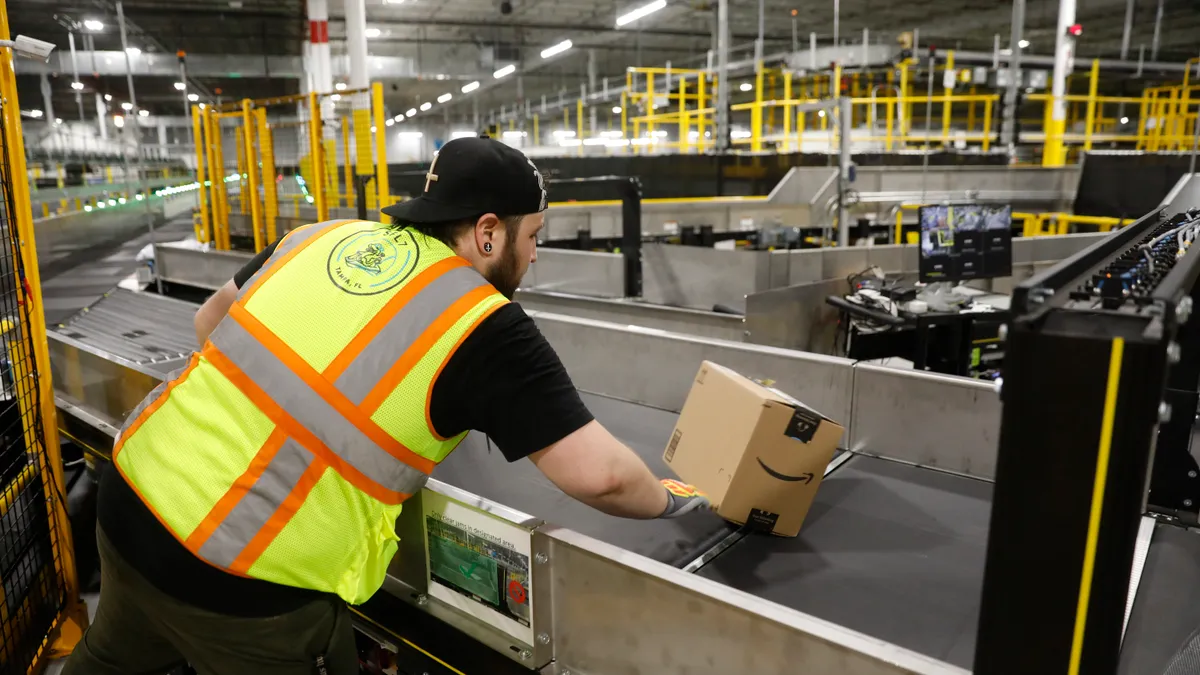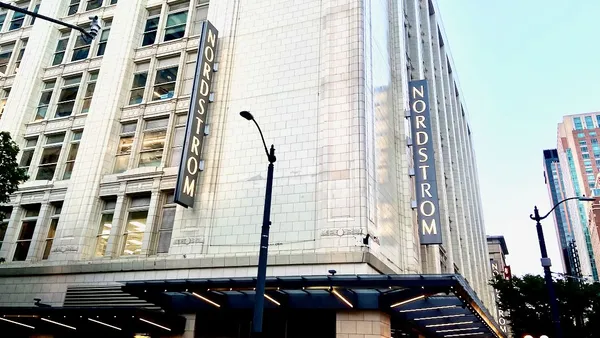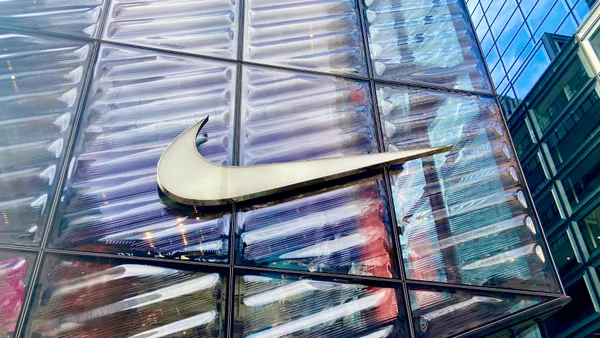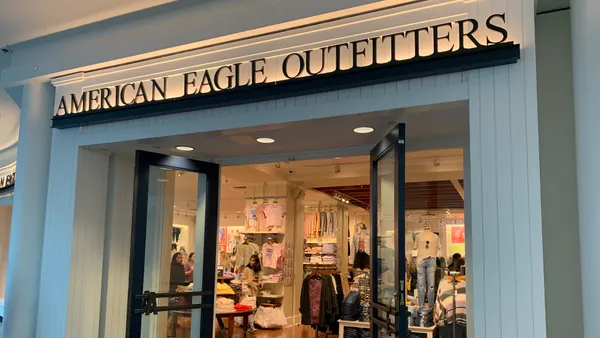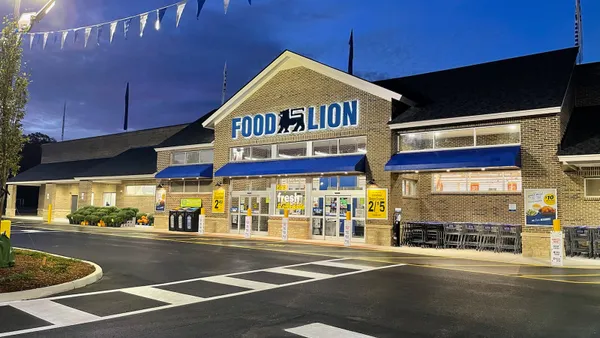Dive Brief:
- Amazon will stop offering prep and item labeling services on Jan. 1, 2026, for shipments in the U.S. using the e-commerce giant's fulfillment services, the company announced on its website.
- The change will apply to all inventory sent to the company's U.S. Fulfillment by Amazon service, either directly or through other Amazon supply chain offerings. All products must be prepped and labeled prior to sending them to Amazon facilities, the company said.
- Amazon will still offer the services for shipments created prior to Jan. 1, but shipments created after without the proper prep and labeling won't be eligible for reimbursement if damaged or deemed untraceable.
Dive Insight:
Amazon said it initially introduced prep services, which include labeling, bubble-wrapping, stickering and bagging items, to help protect products and avoid damage during the shipping process. Over time, sellers' packaging capabilities have improved, reducing the need for Amazon's prep offerings, according to the company.
“The vast majority of Amazon sellers now handle their own packaging, including prep and item labeling, either on their own, through their own manufacturing partners or through third-party service providers which allows FBA to focus on providing faster and more efficient fulfillment center operations,” Amazon said.
For sellers that need to transition to other prep and item labeling services, Amazon suggested two options. One is for sellers to do it themselves, using the company's guidance to prepare products for Fulfillment by Amazon. The other option is to use a third-party service provider.
Amazon also said sellers can tap into the company's Ships in Product Packaging program for eligible products, which can lower prep needs.
“This is one of the most significant operational shifts Amazon has made in recent years,” said Charles Williams, senior manager of marketplace operations at omnichannel agency Blue Wheel, in a LinkedIn post. “Getting ahead of it now will be key to maintaining smooth replenishment and avoiding compliance issues next year.”
Williams said the next steps for impacted sellers include auditing catalogs for SKUs that rely on Amazon for prep or labeling, updating packaging workflows and adjusting FBA shipment processes ahead of time to avoid disruptions.



